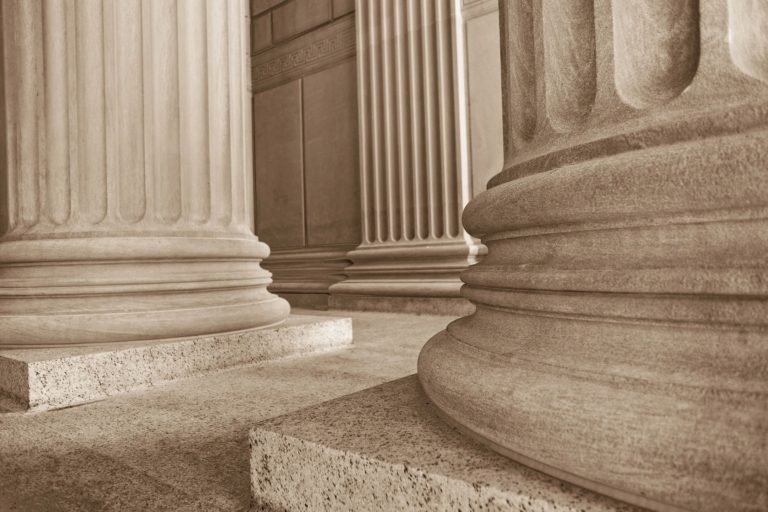After prison life is hard enough.
Finding work and stable housing is difficult, but there are also huge financial challenges.
Hefty court fines and fees, called legal financial obligations (LFOs), require defendants to pay thousands of dollars or face more jail time. Many jurisdictions are reassessing these.
For instance if someone with a record owes $33,000 in LFOs, even if they make minimum monthly payments, with interest that can rise to $72,000 in 13 years.
These unfair financial obligations “reinforce poverty, destabilize community reentry, and relegate impoverished debtors to a lifetime of punishment because their poverty leaves them unable to fulfill expectations of accountability,” says one expert on the matter.
People who end up in prison are usually already financially strapped. If they are unable to pay fines, people are forced to pay punitive, high interest rates on those fines.
If someone can only afford a five dollar a month payment, that person will likely never pay off their LFOs.
With the money, states pay for their corrections system.
The fees for the formerly incarcerated can include the following: bench-warrant fees, filing-clerks fees, court-appointed attorney fees, crime-lab analysis fees, DNA-database fees, jury fees, and incarceration costs.
Surcharges are levied on top of those. States also add on costs and fees to recoup money and cover costs of the system. The surcharge keeps rising and varies by state.
In 44 states former inmates can be even be re-incarcerated if they “willfully” fail to pay their fees.
The money collected from LFOs should go to restitution or to the community but it goes instead to run the collections system and the rising costs of running courts.
This leads to a financially inefficient system that doesn’t help people who have records and have been formerly incarcerated.










